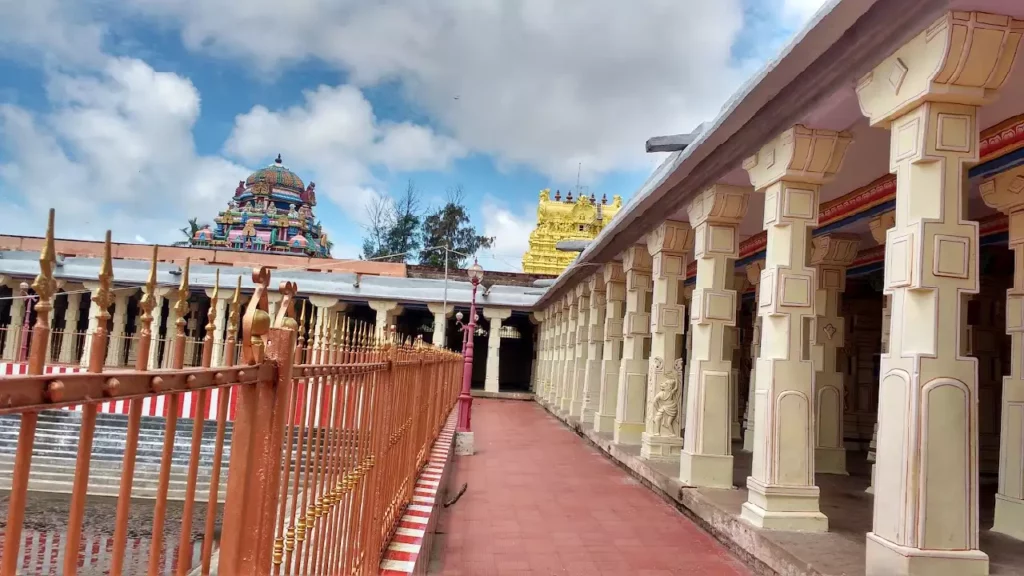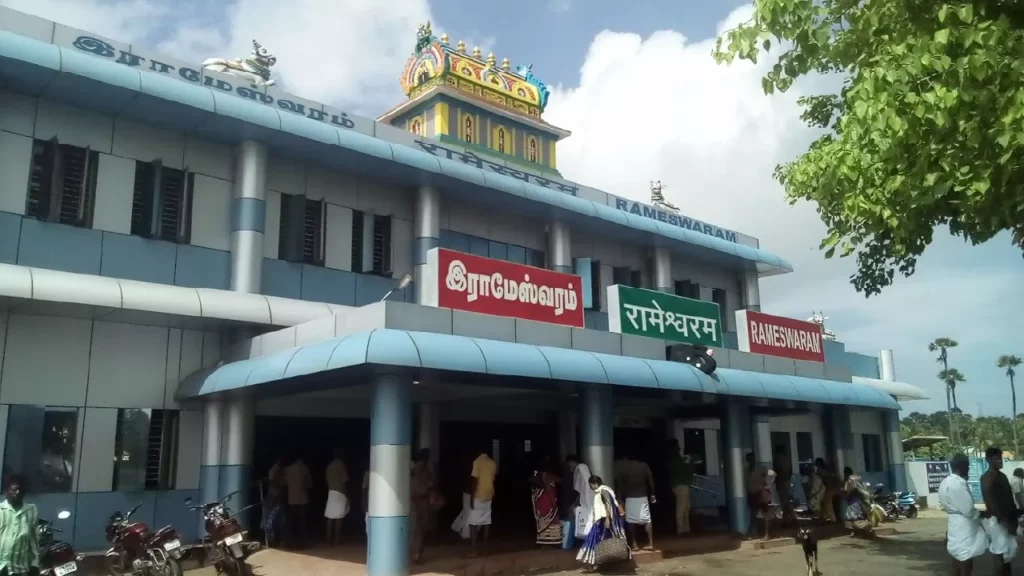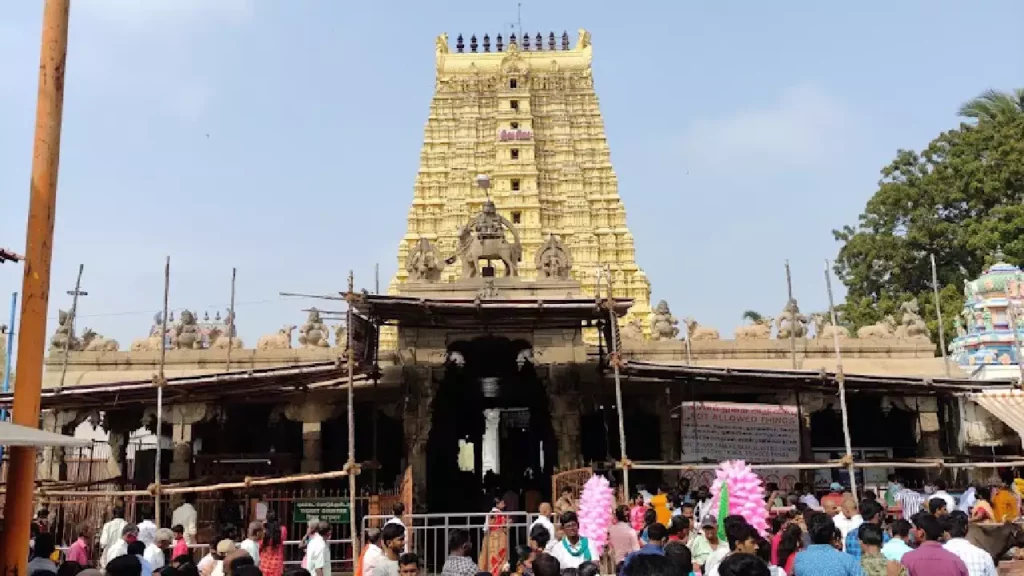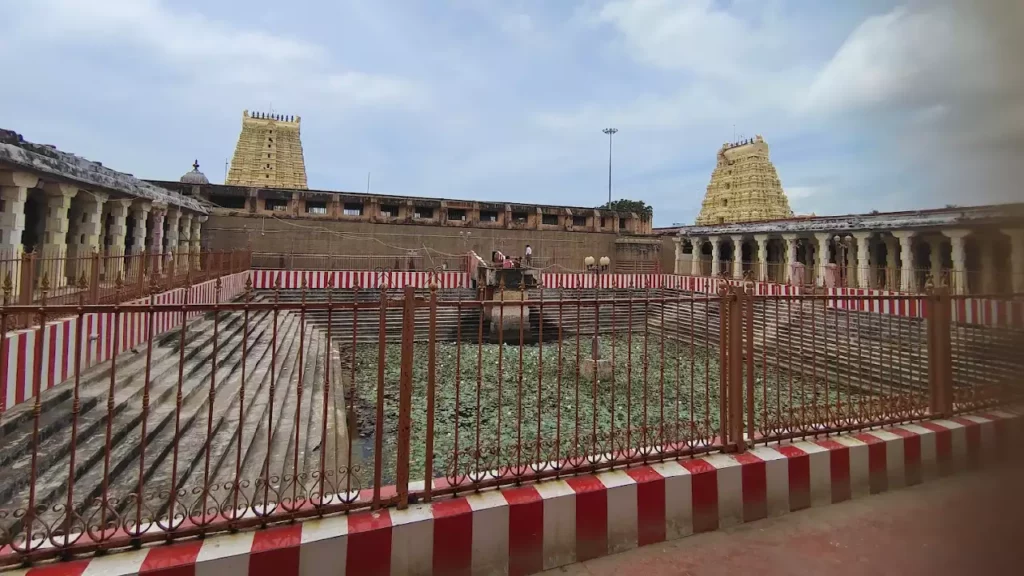Introduction to Jyotirlingas
Jyotirlingas are sacred shrines of Lord Shiva, believed to be places where Lord Shiva himself visited. There are 12 of them in India, and the term “Jyotirlinga” means ‘column or pillar of light’. The ‘stambha’ symbol represents that there is no beginning or end.
History of Jyotirlingas
According to legend, Lord Brahma and Lord Vishnu had an argument about who was the supreme god, and Lord Shiva appeared as a column of light and asked each one to find the end. Neither could do it. It is believed that the places where these columns of light fell are where the jyotirlingas are located.
Ramanathaswamy Temple
Ramanathaswamy Temple gets its name because Lord Rama worshipped Lord Shiva in this spot. The temple is located on Rameshwaram Island in Tamil Nadu.
History of Ramanathaswamy Temple
The ancient shrine is said to have been housed inside a thatched hut till the 12th century. Parakrama Bahu of Sri Lanka was said to have begun the masonry work here. The rest of the temple was built by the Setupathy rulers of Ramanathapuram. The current structure of the temple is believed to have been built in the 17th century AD.
Special features of Ramanathaswamy Temple
The temple is spread over 15 acres and has tall pyramidal towers (gopurams) and a huge Nandi. There are 4,000 carved granite pillars over a 4,000 feet corridor – said to be the longest in the world. Since the rock is not indigenous to the island, it makes the structure even more marvellous.
There are two lingas inside the sanctum – one built by Rama with sand (the main deity) and the other Shiva Linga brought from Mount Kailash by Hanuman – Vishwalinga.
There are 64 water bodies or tīrthas around the island of Rameshwaram, out of which 24 are considered sacred and bathing in them is believed to purge you of your sins. The main tīrtha is the Bay of Bengal called Agni Tīrtham.
There are also separate shrines for Ramanathaswamy and his consort goddess Parvathavardhini as well as shrines for Lord Vishnu, Lord Ganesha and Goddess Vishalakshi. There are also many halls in the temple such as the Setupati Mandapam, Kalyana Mandapam and Nandi Mandapam.
Story behind Ramanathaswamy Temple
Legend has it that Lord Rama worshipped Lord Shiva in this spot on his way back from Lanka – after defeating the demon king, Ravana. To atone for the sin of killing Ravana – a Brahmin and great Shiva devotee – Lord Rama offered prayers to Lord Shiva. Since there was no shrine for Shiva there, he sent Hanuman to Mount Kailash, Lord Shiva’s abode, to bring the linga.
However, Hanuman could not return before the auspicious time set to perform the puja, so Sita made a linga out of sand – Ramalinga that Rama worshipped. When Hanuman returned, he was disappointed that Rama had not waited for his linga. To pacify him, Rama instructed devotees to worship the linga brought by Hanuman.












